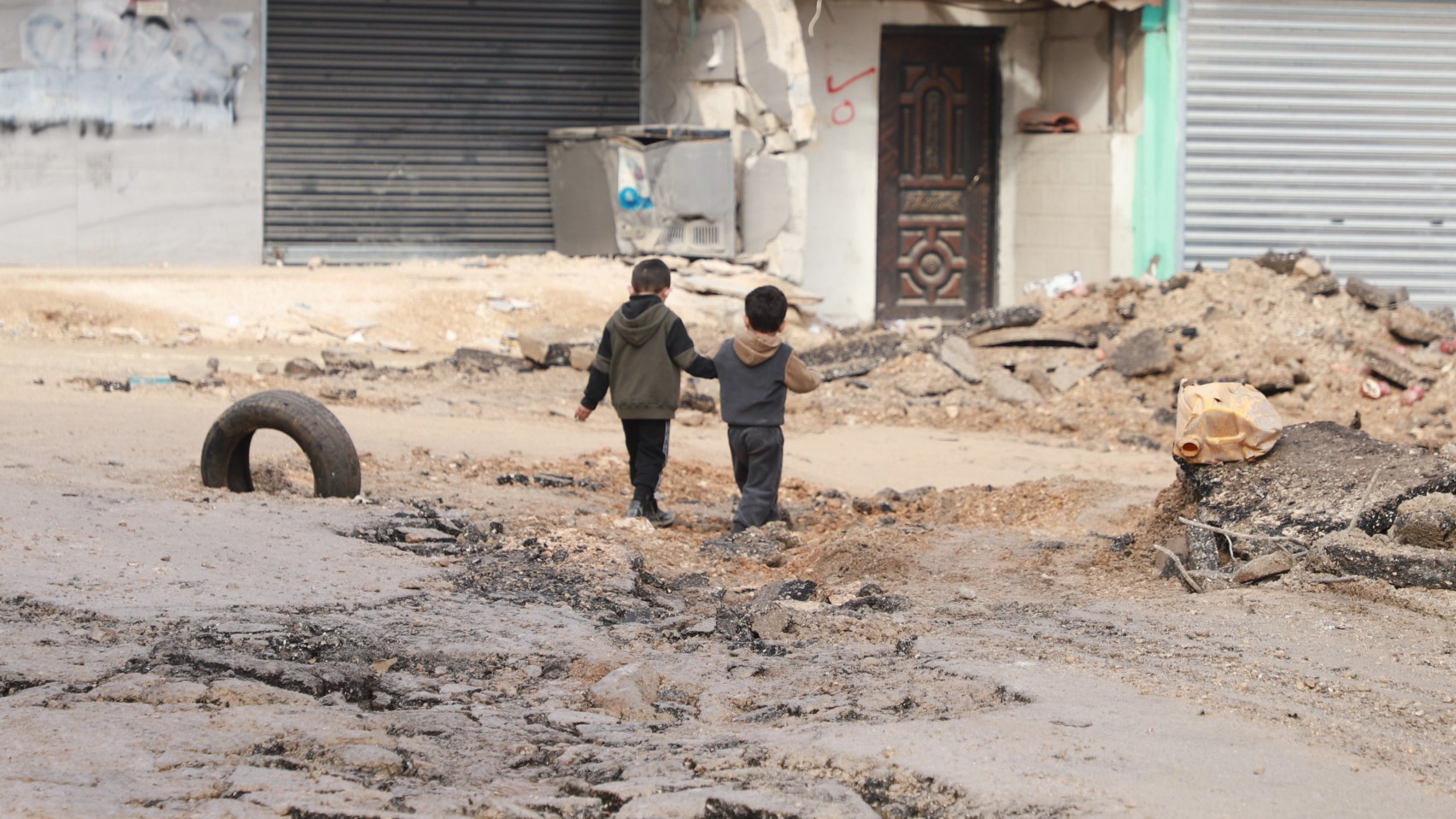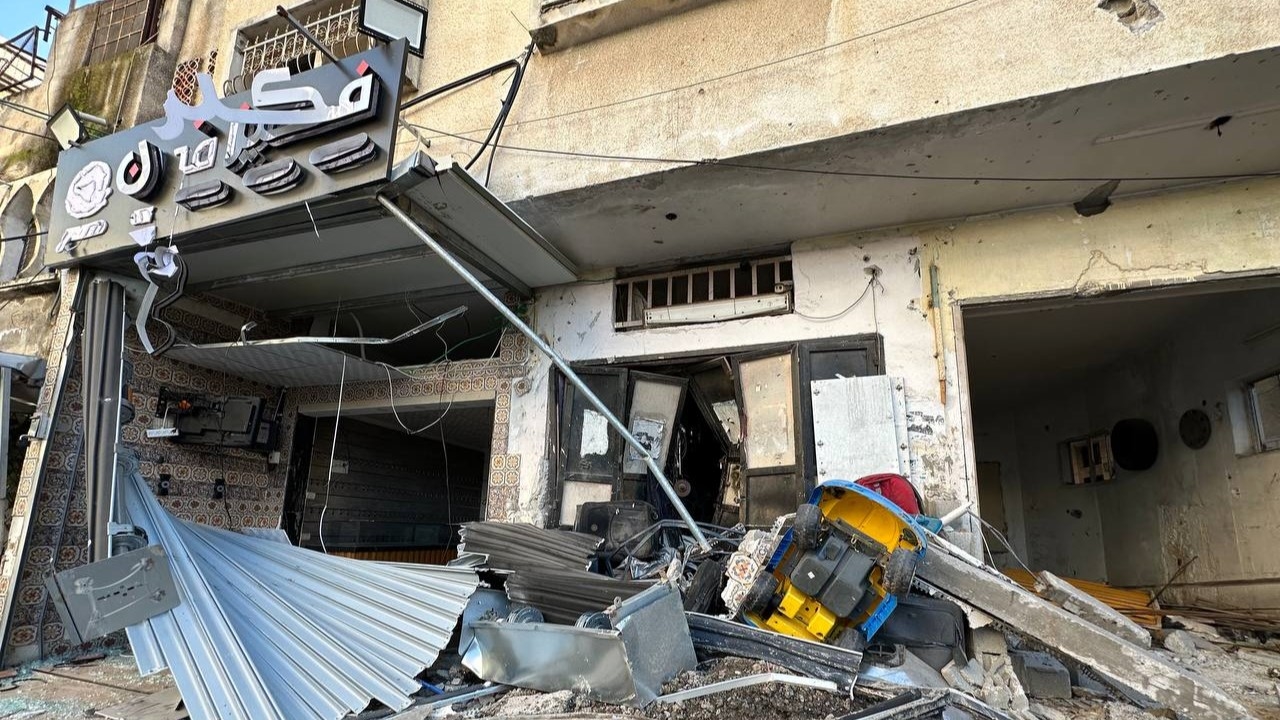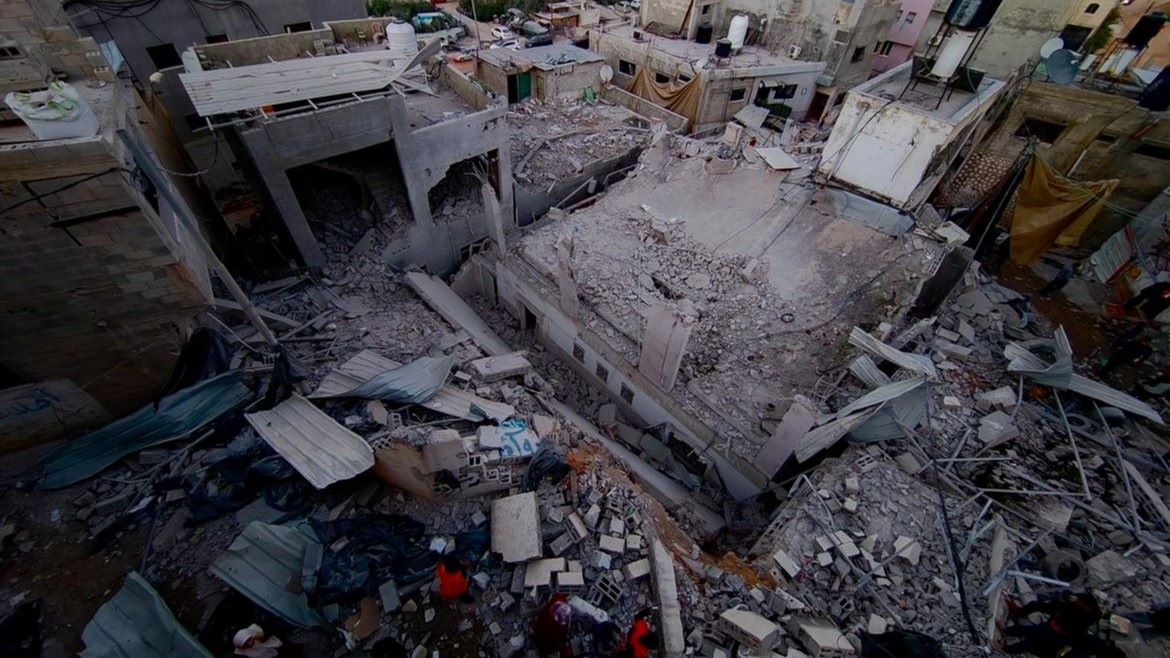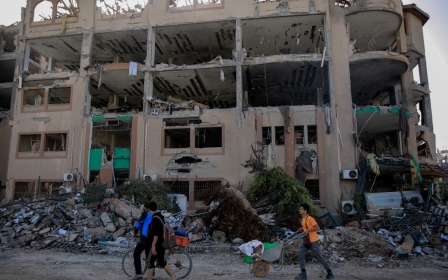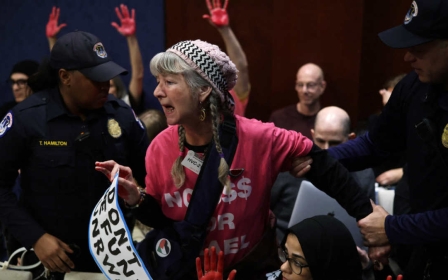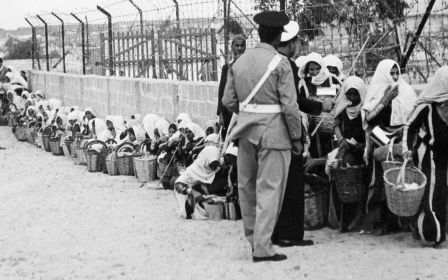Palestinians in West Bank fear Unrwa aid cuts will add to their misery
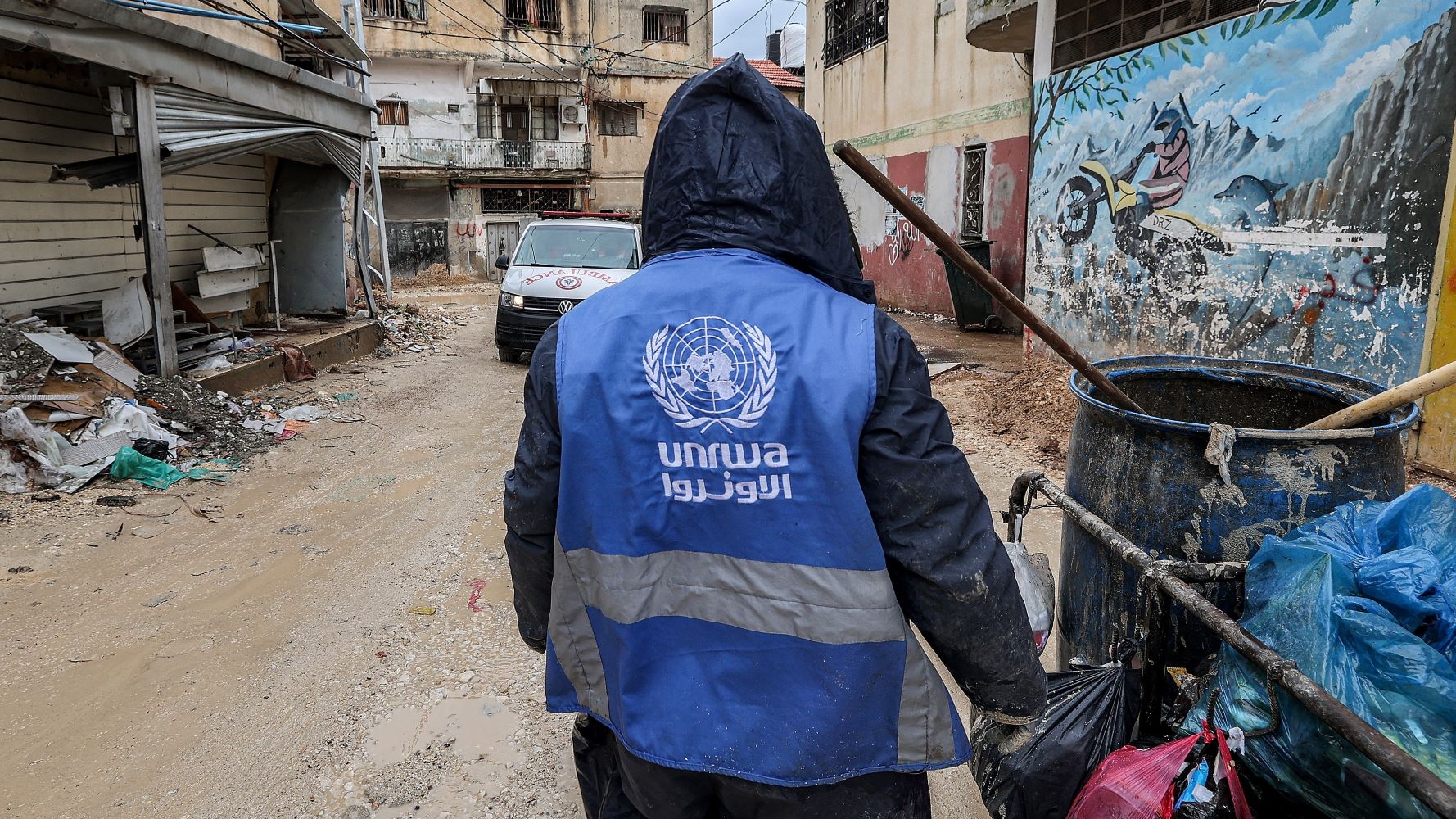
Palestinian refugees in the occupied West Bank have reacted to the US-led decision to cut funding to the United Nations Relief and Works Agency for Palestine Refugees (Unrwa) with concern and anxiety.
A number of countries, including the US, UK, Canada, Australia, Germany, Italy, the Netherlands, Switzerland and Finland, cut off funding for the UN agency after Israel made as yet unproven allegations that 12 of its 30,000 workers had participated in the 7 October attack on Israel.
While Unwra is the leading body providing aid to Gaza after the devastating Israeli military campaign after 7 October, its operations also help Palestinian refugees in the occupied West Bank and in camps outside of Palestine.
The cuts will therefore be keenly felt amongst Palestinians across the region.
“The decision to cut support for Unwra will lead to a reduction in what is already reduced,” said Muhammad al-Sabbagh, head of the Popular Committee for Refugee Services in Jenin.
New MEE newsletter: Jerusalem Dispatch
Sign up to get the latest insights and analysis on Israel-Palestine, alongside Turkey Unpacked and other MEE newsletters
“Several years ago, the agency reduced its services provided to the camp due to weak international support and a lack of budget, and now the matter will cause greater harm as the need for support increases,” he added.
While the Israeli bombardment of Gaza has attracted most international attention since October, with more than 26,000 people killed, the vast majority of them civilians, the West Bank has also seen a huge uptick in violence perpetrated by Israel.
Since the attack by Hamas-led fighters, Israel has carried out a number of military operations in the occupied West Bank.
These incursions into refugee camps, such as the one at Jenin, have destroyed infrastructure, such as roads and damaged homes.
Sabbagh told Middle East Eye that Israeli soldiers had caused extensive damage to 111 homes in Jenin, which meant that they had to be demolished and rebuilt, and a further 3,300 homes needed partial restoration.
More than 17,000 Palestinians live in a half-square-kilometre camp in Jenin. The destruction caused by Israel exacerbates already difficult living conditions.
Donors, such as Unrwa, therefore serve an important function in ensuring infrastructure continues to work and that water, electricity and sanitation services are restored.
For example, in July last year, the UAE provided a $15m grant to Unrwa to fix damage caused by Israeli attacks in Jenin.
Sabbagh contends that the sum barely fixed a fraction of the issues in the camp, but he warns that the withdrawal or interruption of international support would mean a complete collapse in the lives of refugees.
‘Trying to adapt’
The Nour Shams and Tulkarm refugee camps in the city of Tulkarm have also been subjected to Israeli military attacks, which has left infrastructure in the camps damaged.
More than 20,000 Palestinians live in the two camps, which are made of narrow streets lined with closely packed homes.
Iman Hazem, a resident at Nour Shams, told Middle East Eye that it was increasingly difficult to restore services after they had been damaged by Israeli soldiers.
“Every time they storm the camp, the Israeli army deliberately destroys electricity poles and water lines, and we are forced to stay for days without water or electricity,” Hazem said.
“No one can quickly solve these problems due to the extent of the destruction.”
Hazem further explained that the roads were no longer suitable for cars to drive on due to the uprooting of tarmac and that even walking was difficult.
The picture she painted was one of wastewater overflowing onto streets and debris from destroyed houses and vehicles littering the grounds of the camp.
The combined effect of damaged streets and winter weather was also keeping children from attending school, she added.
“Life is getting more difficult, but we are trying to adapt to this situation,” Hazem said.
“Stopping support for Unwra causes great pressure on us because if its services stop or weaken with this destruction occurring, it will cause an accumulation of (things to repair)” she added.
‘A conspiracy’
The number of refugees registered with Unwra in the occupied West Bank is more than 914,000, distributed between 19 camps.
A camp, according to Unwra's definition, is "a piece of land placed at the agency's disposal by the host government for the purpose of housing Palestinian refugees and building facilities to care for their needs."
It adds that the refugee “doesn’t own the land on which his residence was built, but he has the right to use it for residential purposes”.
Outside the camps, Unrwa has various facilities such as schools, health clinics, and food aid distribution centres.
Palestinian refugees in the camps live a life characterised by “poverty, population density, restrictive conditions, and inadequate infrastructure,” according to Unrwa.
In November 2022, the agency said that poverty rates among Palestinian refugees had reached about 90 percent.
'In one month, (Balata) is raided more than 20 times, and each time the streets are bulldozed and homes and infrastructure are vandalised'
- Ahmed Thouqan, Balata services committee
Such poverty is directly linked to high rates of unemployment, with 70 percent of the 33,000 residents of the Balata refugee camp in Nablus out of work.
A lack of stable income means that when the Israeli army visits, Palestinians have to rely on aid agencies like Unrwa to help them repair.
“In one month, (Balata) is raided more than 20 times, and each time the streets are bulldozed and homes and infrastructure are vandalised,” Ahmed Thouqan, the head of Balata’s services committee, told Middle East Eye.
He adds that more than 20 families at the camp have been left without a home because of air strikes and other Israeli military operations.
Unrwa visited these homes, but was unable to disburse money for their repair.
“We feel that cutting off support for Unrwa in conjunction with the fierce attack on the camps is an international conspiracy against the Palestinian people to affect their steadfastness and pressure them,” Thouqan concluded.
Middle East Eye delivers independent and unrivalled coverage and analysis of the Middle East, North Africa and beyond. To learn more about republishing this content and the associated fees, please fill out this form. More about MEE can be found here.


